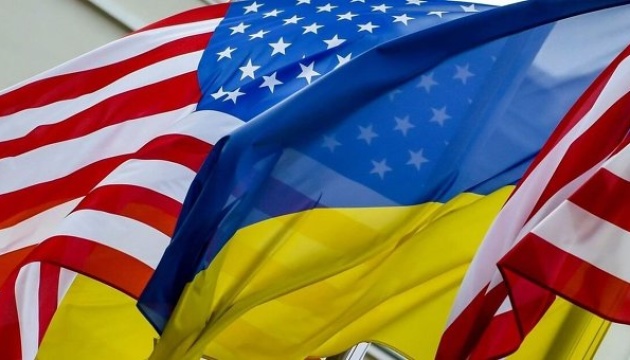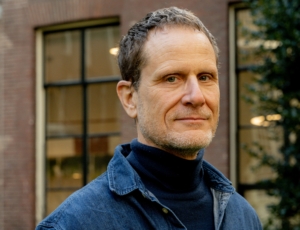Essay by William Michael Schmidli, March 2022.
Flipping the script
Putin’s unprovoked attack on Ukraine resonates for Americans old enough to remember the 20th century. Russian rulers, “have learned to seek security only in patient but deadly struggle for total destruction of rival power, never in compacts and compromises with it,” American diplomat George F. Kennan cabled Washington from Moscow in 1946, in what became the blueprint for the U.S. Cold War Containment strategy. Shorn of communist ideology, Russia today is a mere authoritarian petro-state, and Putin’s tsarist pretentions ring hollow as he swaggers over a nation with a GDP roughly equal to that of Texas. Yet Americans on both sides of the political spectrum still see Russia as a defining threat. In January 2022 poll, only nine percent of Republicans and six percent of Democrats considered Russia a “partner” of the U.S.; the vast majority perceived Russia as either a “competitor” or an “enemy.”
As Russian troops began their grim blitzkrieg into Ukraine, Americans gasped in horror but exhaled with a renewed sense of purpose. For two decades, the United States has waged an endless War on Terror. The costs have been immense: more than 929,000 people have died in the post-9/11 wars due to direct violence (including 7,052 U.S. soldiers), and the number of war refugees and displaced persons is estimated at 38 million. If those numbers are hard to fathom, imagine the death of every resident of Amsterdam; imagine every person in Poland turned refugee.
Ukraine flips the script. Despite the failures of American state-building in Iraq and Afghanistan, Americans still widely believe that America’s “glory is not dominion, but liberty,” as John Quincy Adams put it in 1821, and, in the decades after 1945, generations of Americans were raised to believe that Russia was the principle obstacle to fulfilling that mission. As Russian troops grind toward Kyiv, Americans’ bipartisan outrage at the carnage is intensified by a sense that U.S. is on the side of the people again: now roadside IEDs and Molotov Cocktails mutilate the bodies of Russian soldiers instead of their American counterparts; now the rhetoric of advancing democracy abroad seems more than just an alluring aria wafting above the endless percussion of U.S. drone strikes. “In the battle between democracy and autocracies, democracies are rising to the moment,” Biden declared in his State of the Union address, with the Ukrainian Ambassador sitting in a place of honor, “and the world is clearly choosing the side of peace and security.”
American leadership
In the crisis itself American leadership has proven crucial: Biden captured the moral high ground in the opening phase of the conflict by castigating Putin’s plans well-in-advance, then deftly pushed Europe toward tougher sanctions and material aid to Ukraine, all while offering the olive branch should Putin come to his senses. The United States may not be the “indispensable nation,” as Secretary of State Madeline Albright famously put it in the late 1990s, but Washington once again played a lead role in response to a European crisis.
To be sure, the willful myopia of U.S. officials (past and present) can be hard to stomach. On a morning news interview, Condoleeza Rice agreed with the anchor’s common-sense assertion that “when you invade a sovereign nation, that is a war crime.” An architect of the U.S. invasion of Iraq in 2003, Rice blithely responded, “it is certainly against every principle of international law and international order.” Such hypocrisy. And indeed the U.S. continues to wage global war—with annual defense spending equal to the next 11 countries combined (including China and Russia), and with more than 700 military bases in 80 nations, between 2018 and 2020 alone the U.S. conducted counterterror operations in 85 countries.
Desire to reconnect with traditional American morality
Yet Ukraine nonetheless gives Americans a sense of renewed purpose after the failures of Iraq and Afghanistan. Indeed, the U.S. military is one of the last institutions in U.S. public life that has resisted the pull of partisan politics; the obligatory “God bless our troops” as Biden dutifully concluded his State of the Union address, underscores the pervasiveness of American militarism.
“Gosh, I miss the Cold War,” Bill Clinton quipped in the early 1990s as the end of the East-West confrontation balkanized into a mess of small conflicts and localized power struggles. Thirty years later, as the war in Ukraine grows more horrifying each day, it is too early to tell whether the current surge of European unity and defense spending will fundamentally change transatlantic relations in the near future. But one thing is clear: Americans’ outpouring of support for Ukraine reflects both a deep-seated distrust of Russia and a desire to reconnect with traditional American moral concerns in this young, troubled century.




